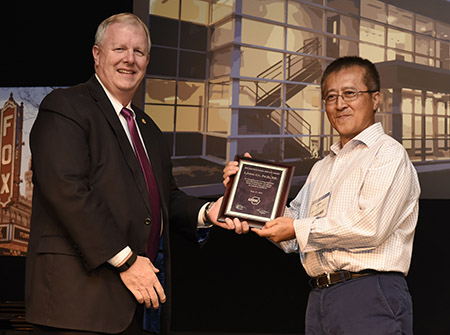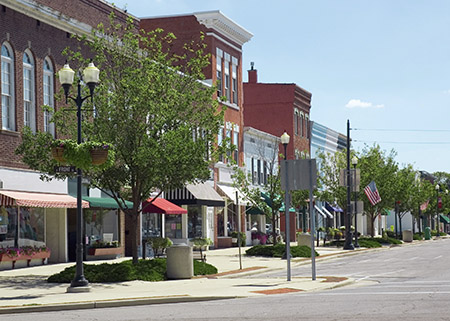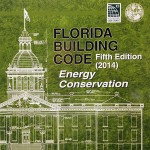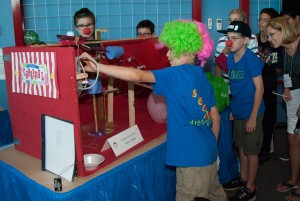24 August 2015
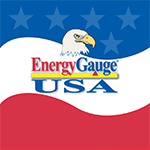
Newly accredited by RESNET as a Home Energy Rating Software (HERS), IECC and Tax Credit tool, EnergyGauge USA 5.0, will be available as a free trial product for 90-days (or until November 30, 2015, whichever comes first). Any interested party may download Version 5.0 to examine the impacts of the ANSI/RESNET 301-2014 Standard on their most popular home designs.
Version 5.0 fully implements the new ANSI/RESNET 301-2014 Addendum A, hot water system calculations. These new hot water calculations allow HERS ratings to gain HERS credits for improved plumbing design, hot water piping insulation, low-flow fixtures, drain water heat recovery systems (DWHR), hot water recirculation systems and low water-use clothes washers and dishwashers. It also supports the national EPA ENERGY STAR new home program qualification and the U.S. DOE Zero Energy Ready Homes (ZERH) new home program qualification.
The trial offer of EnergyGauge USA 5.0 will not allow RESNET registration of HERS Ratings. To be able to register ratings with the RESNET Registry using EnergyGauge USA 5.0, certified raters will need to purchase a license for the software.
To download the free 90-day trial offer, simply go to http://energygauge.com/usares/trial50.htm and click on the download button.
EnergyGauge software is a product of FSEC, a research institute of the University of Central Florida.
